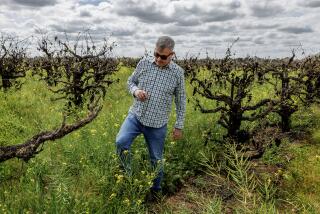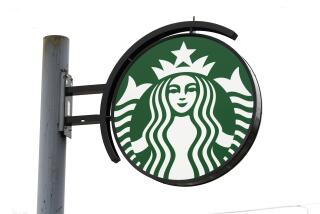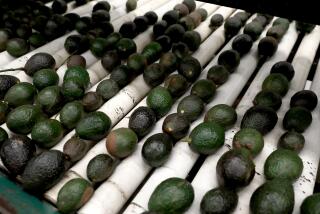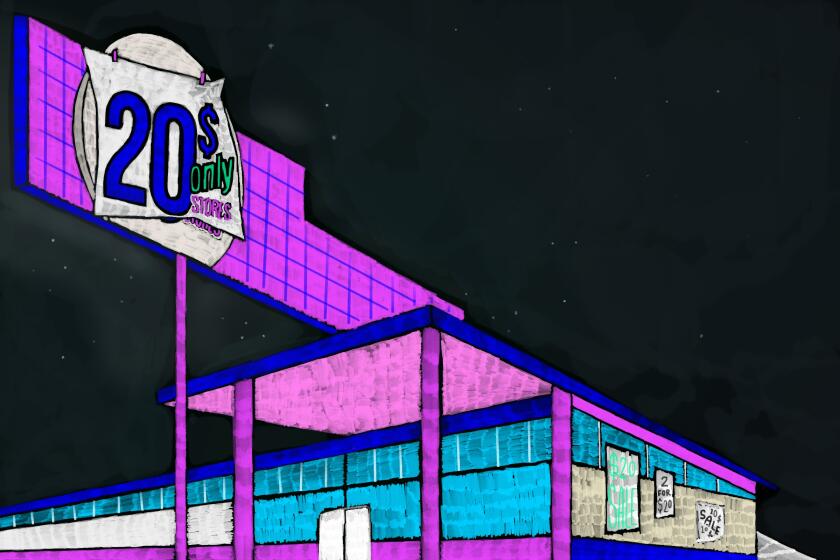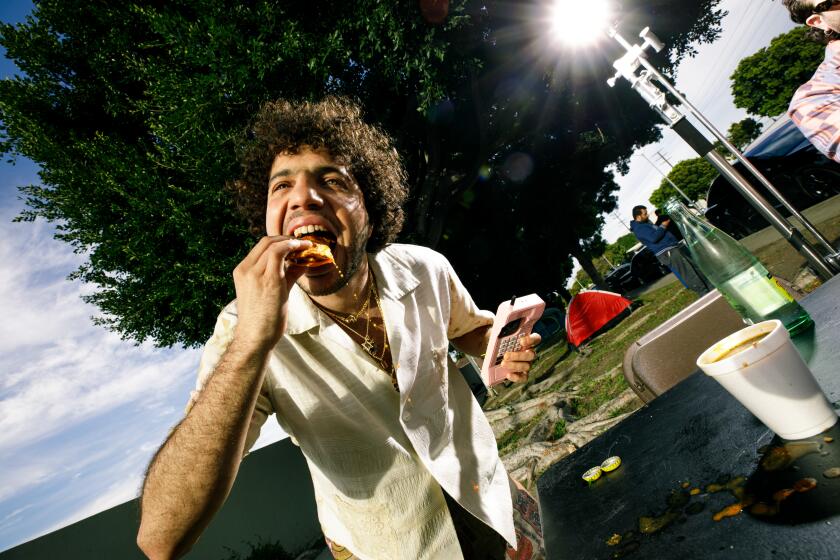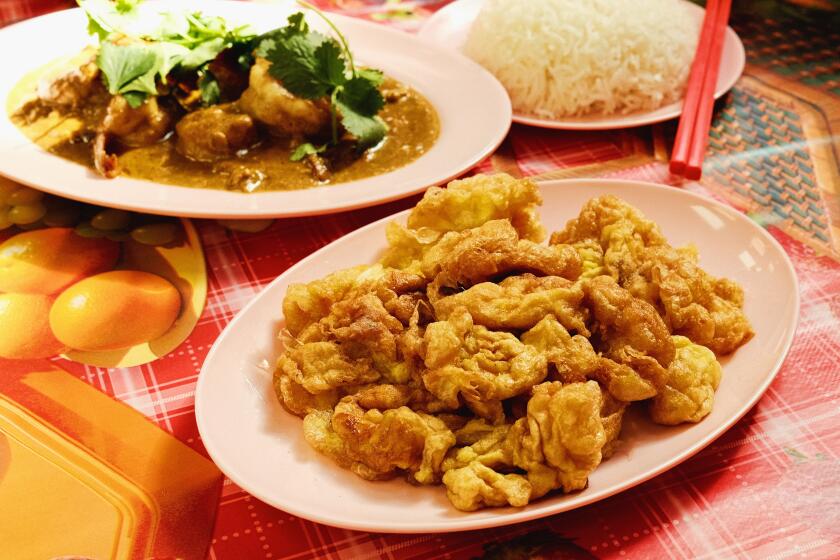Boycotts of Catalan wine and food products are affecting other parts of Spain
Political and trade groups in various parts of Spain have been calling for a boycott of goods produced in Catalonia in response to that region’s attempts to secede from the rest of the country. There are now apps that identify Catalan products, to facilitate the boycott.
In addition to targeting pharmaceuticals and Catalonia’s automotive industry (Volkswagern’s SEAT cars are made in the region), various wine and food products are being shunned. This is a problem not only for Catalonia, it turns out, but for Spain as a whole. As the Spanish online financial newspaper El Confidencial Digital points out, quoting unnamed sources at AECOC, Spain’s association of consumer goods manufacturers and distributors, “Boycotts like the current one have no meaning in a globalized economy.”
One specific target of the boycott has been cava, the sparkling wine produced primarily in Catalonia. The two major cava producers, Freixenet and Codorníu, bottle their wares using glass from Aragón and León, cork from Extremadura, capsules from La Rioja Alavesa, and labels from Murcia, and are shipped in boxes made in the Valencian Community - so decreased sales of their wines means lost income all over Spain.
(Freixenet had earlier announced that it was moving its corporate headquarters out of Catalonia to avoid the ramifications of possible Catalan independence.)
Other products being boycotted include Solís tomato products and Aquarel water, both produced in Extramadura but marketed through the Catalonia-based operations of the Swiss-owned Nestlé Group; and the broths, soups, and tomato products sold by the Catalan agribusiness firm Gallina Blanca, many of which also depend on raw materials from Extremadura.
As Extramaduran business leader Francisco Javier Peinado told the Spanish newspaper El País, “Every time we boycott a Catalan product, we shoot ourselves in the foot.”
More to Read
Eat your way across L.A.
Get our weekly Tasting Notes newsletter for reviews, news and more.
You may occasionally receive promotional content from the Los Angeles Times.
